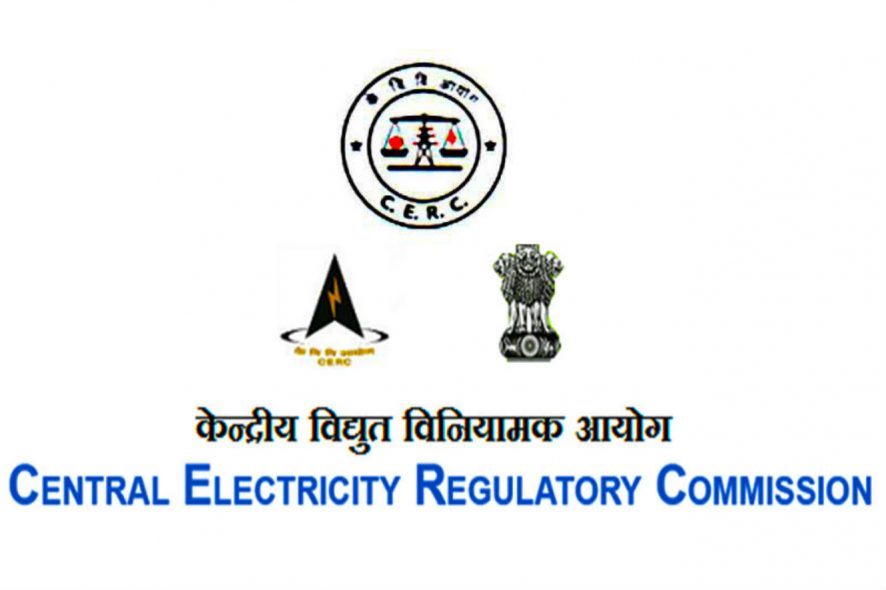Central Electricity Regulatory Commission (CERC): The coram of P.K Pujari (Chairperson) and Dr M.K. Iyer (Member) allowed a petition filed by a successful bidder seeking an extension of time for implementation of project awarded to him.
In the instant case, a special purpose vehicle (SPV) was created in the name of petitioner company (DMTCL) for the implementation of a scheme for transmission of electricity in the eastern region. Accordingly, a Transmission Service Agreement (TSA) was entered into between the petitioner and Long Term Transmission Customers (LTTCs) who were beneficiaries under the said agreement.
The instant petition was filed under Sections 61, 63 and 79 of the Electricity Act, 2003 seeking an extension of the scheduled date of commercial operation (COD) and increase in transmission charges, due to change in law and certain unforeseen events. Respondent objected to the petition contending that as per the Transmission Service Agreement (TSA), petitioner was required to notify the change in law and force majeure events if it wished to claim any relief for the same. Since no such notice was ever served, no relief could be claimed.
The Commission noted that as per TSA, the affected party was mandatorily required to give notice to the other party of any event of force majeure as soon as reasonably practicable, but not later than seven days of the commencement of force majeure event. Petitioner had issued appropriate intimation to LTTCs under Articles 11 and 12 of TSA qua the ‘force majeure’ and ‘change in law’ events as soon as it became aware of the same. The occurrence and impact of these events were also intimated through petitioner’s monthly progress reports.
Petitioner’s claim in respect of unexpected expenditure incurred on account of obtaining forest clearance and an increase in taxes and duties was allowed holding that it was a ‘change in law’. However, new ROW compensation guidelines did not qualify as ‘change in law’ because, in a competitive bidding project, such contingent expenditure is expected to be factored in. Further, demonetization was also not a ‘change in law’ as it did not constitute any enactment, adoption, promulgation, amendment, modification or repeal of any law.
The Commission refrained from making any observations on merits regarding force majuere events such as prohibition on sand mining in Bihar due to NGT order, flooding of Gandak river, kidnapping of project staff, manhandling of officials, delay in railway crossing work due to public agitations, delay due to Assembly Elections in Bihar, delay due to supply of material, etc. However, it was held that the petitioner was prevented from discharging its obligations under TSA on account of delay in grant of forest clearance, and such delay was covered under force majeure.
In view of the above, COD was extended and the petitioner’s claims were partly allowed.[Darbhanga-Motihari Transmission Co. Ltd. v. Bihar State Power Transmission Co. Ltd., 2019 SCC OnLine CERC 21, Order dated 29-03-2019]






